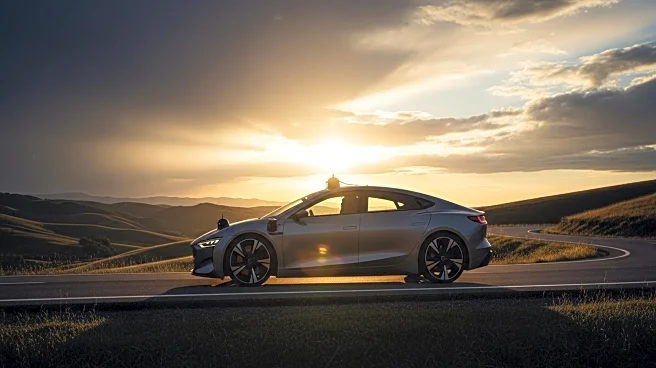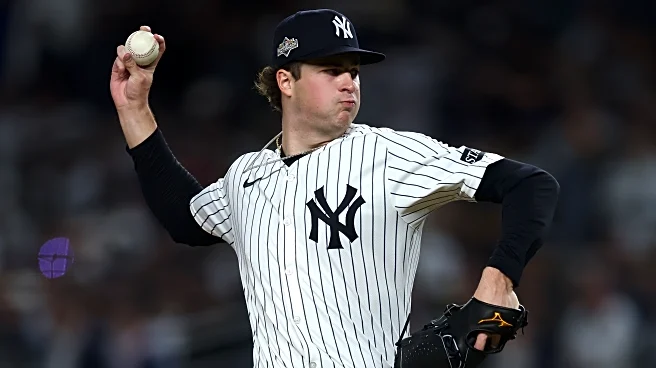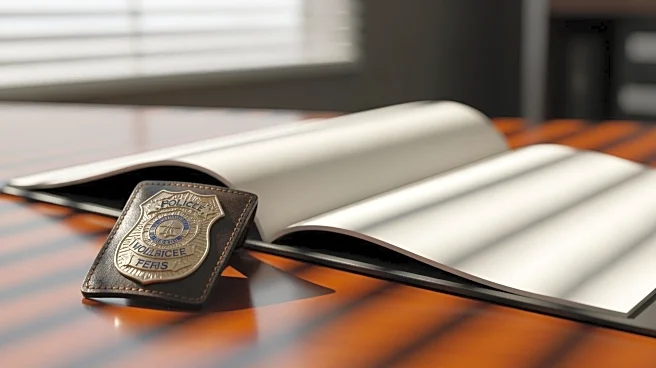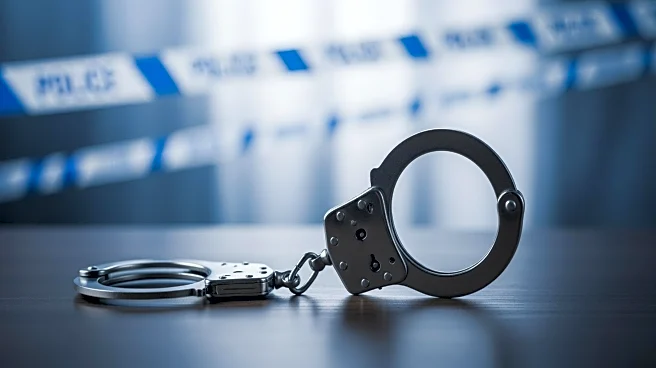What's Happening?
Tesla has agreed to settle a wrongful death lawsuit related to a fatal crash involving its Autopilot system. The case involves the death of 15-year-old Jovani Maldonado, who was killed when a Tesla Model 3, operating on Autopilot, collided with the vehicle he was in. The lawsuit, filed by the Maldonado family, claims that Tesla's Autopilot system is defective and contributed to the crash. This settlement follows a recent jury verdict in Florida, where Tesla was ordered to pay $243 million in damages for a similar incident. The settlement amount for the Maldonado case remains undisclosed, and the case was initially set to go to trial in Alameda State Superior Court.
Why It's Important?
The settlement is crucial as it addresses ongoing concerns about the safety and reliability of Tesla's Autopilot system. With multiple lawsuits pending, Tesla's approach to resolving these cases could impact its reputation and the future of autonomous driving technology. The outcome may influence public perception and regulatory scrutiny of driver assist systems, potentially leading to stricter safety standards. As Tesla continues to develop its self-driving capabilities, these legal challenges highlight the need for transparency and accountability in the deployment of such technologies.
What's Next?
Tesla's settlement may prompt other affected families to pursue legal action, potentially leading to more settlements or trials. The company might face increased pressure to enhance its Autopilot system and address safety concerns. Regulatory bodies could intensify their oversight of autonomous vehicle technologies, possibly resulting in new guidelines or requirements. Tesla's handling of these cases will be closely watched by industry stakeholders, influencing future developments in self-driving technology.









